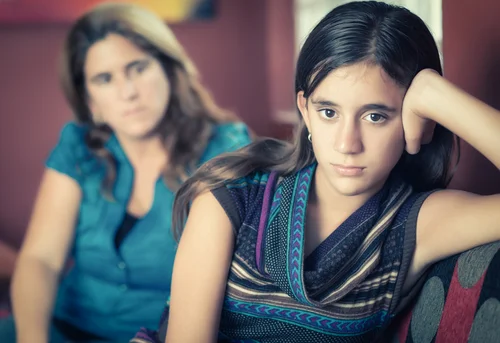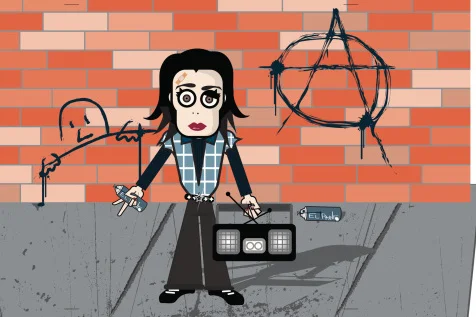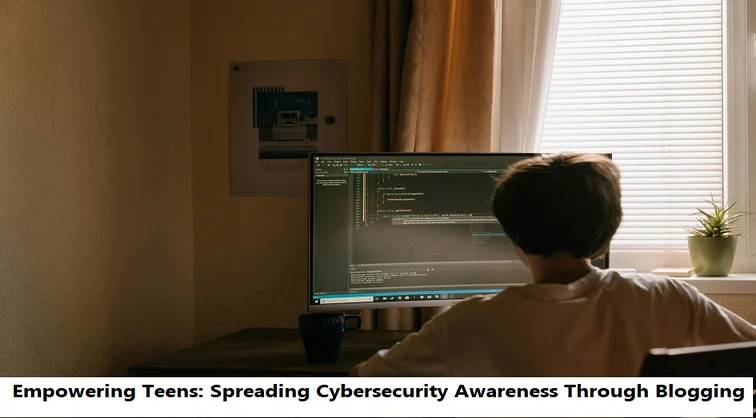+1 845 259 2974 (11 a.m to 7 p.m CST)
Study: Neglect of Juvenile Mental Health Issues May Lead to Crime

The last decade has seen an upsurge in the number of juvenile delinquents. Luckily, a lot of research studies have accompanied it. A recent study shows that teens with mental disorders are at a higher risk of developing a mental disorder that might lead them to a juvenile delinquency facility in the future. These disturbing findings reveal the relationship between damaged mental health and juvenile delinquency and raise a question: Are juvenile facilities becoming a dumping ground for adolescents who might have been inadequately served by parents, teachers and the community?
Adam Lanza, the Sandy Hook Elementary School shooter, is not known to have been professionally treated for mental illness. In that he was not alone. Across the country, many youth who need help the most are not getting it. Almost two-thirds of teens with a lifetime mental disorder fail to get professional or any other kind of help, according to the National Institute of Mental Health.
The implications of parental negligence
Parents have direct and regular access to their kids followed closely by educators and peers. Parents are the first role models of their child but as he/she gets older, parental involvement in a child’s life decreases. Even at this time, parents and other close family members are the first ones to see behavioral changes in a teen.
Adolescence is a crucial time in a teen’s life. During this period, adolescents tread a fine line between maturity and childhood. Teenagers are growing physically and mentally. Mental disorders at this time can aggravate if not treated with any professional help.
Studies show that a lot of parents mistake mental disorders to be behavioral changes during the teenage. Neglecting a mental disorder can aggravate it and lead to extreme consequences like crimes that can potentially land a teen in juvenile delinquency. Even though parents are the first ones to witness the changes in a teen’s personality, they can neglect it and increase the damage to the child’s mental health.
Neglect on the part of teachers and school authorities
A couple of decades ago, class sizes were small. Teachers and principal knew most of the students, if not all by name. Educators knew the problems their students were facing and encouraged them to seek help. Teens had a better mental health and juvenile delinquency rates were lower. The system of education has changed drastically since then. Class sizes are large and teachers barely know their students, let alone help them solve their problems. Students are neglected and rarely ask their teachers or school authorities for help.
Adam Lanza, the shooter of Sandy Brook Elementary school, went to seek professional help from his school psychologists just a few days before he decided to ‘pull a Columbine’. He was asked to go back to his class and come back later as the there were already too many people in the counselor’s office. Had he been given some professional guidance at the crucial time, a tragic bloodbath could have been avoided.





















